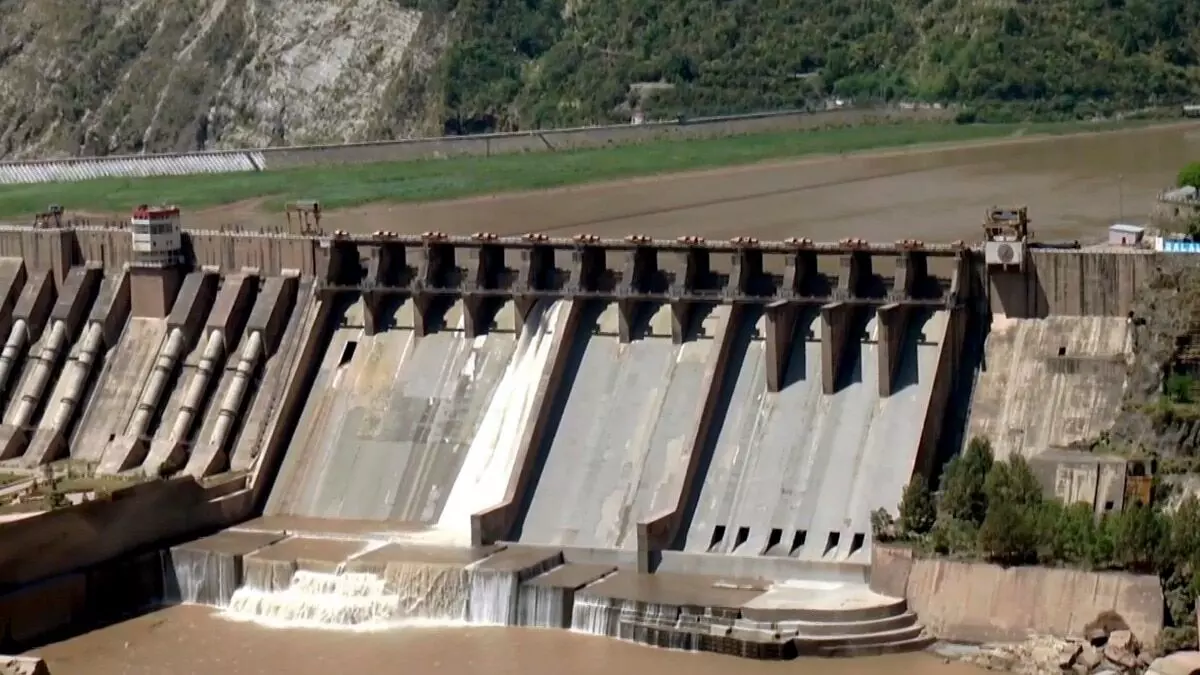India Stands Firm on Indus Waters Treaty Suspension, Dismisses Pakistan’s Threats

Jal Shakti Minister CR Paatil on Thursday dismissed Pakistan’s repeated requests to lift the suspension of the Indus Waters Treaty, calling the letters “mere formalities” that will not influence India’s decision.
“There’s no question of reviewing our stand. The water under the Indus Waters Treaty is not going anywhere,” Paatil said at a press conference, making it clear that India has no intention of reversing its decision.
The treaty, signed in 1960, was put on hold by India in the aftermath of the April 22 terror attack in Pahalgam, Jammu and Kashmir, which left 26 people dead. Last week, Union Home Minister Amit Shah confirmed that the treaty would remain suspended indefinitely.
Responding to recent remarks by Pakistan Peoples Party (PPP) leader Bilawal Bhutto, who threatened war if India denied Pakistan its share of water under the treaty, Paatil said Bhutto’s comments were politically motivated.
“He often says such things for political mileage. He talked about blood and water flowing, but we are not afraid of empty threats,” Paatil added.
Bilawal, speaking in Pakistan’s parliament earlier this week, had warned that his country would be forced into another war if India withheld river waters. “India has two options: share water fairly or we’ll get it from all six rivers ourselves,” he said, referring to the Indus river system. His comments followed Pakistan’s foreign ministry’s criticism of India’s move, calling it a “brazen disregard” for international commitments.
Despite the sharp rhetoric, Bilawal also acknowledged the importance of dialogue. “If India and Pakistan refuse to talk, and there’s no cooperation on terrorism, violence will only escalate on both sides,” he said. He went further, accusing India of using terrorism as a political weapon and of lobbying aggressively to stall Pakistan’s progress in the Financial Action Task Force (FATF).
Following the Pahalgam attack, India responded not only by suspending the Indus Waters Treaty but also by halting trade with Pakistan and launching **Operation Sindoor** on May 7—targeting terror camps across the Line of Control. The operation triggered four days of cross-border exchanges, which ended on May 10 after both countries agreed to de-escalate.
Meanwhile, India has also formally requested a pause in the ongoing arbitration proceedings over the Kishanganga and Ratle hydropower projects. In a letter to World Bank-appointed neutral expert Michel Lino, India asked for suspension of the current work programme, which includes Pakistan’s written submissions due in August and planned bilateral discussions in November. The World Bank has yet to respond to this request.
India’s move signals a larger strategy to assert full control over its western river systems, long governed by the decades-old treaty, which New Delhi now views as incompatible with current regional realities.
